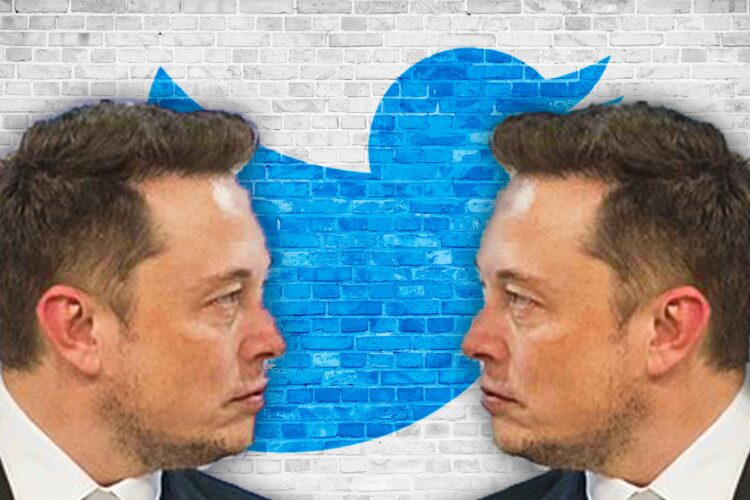Elon Musk’s vision for Twitter: a dream too far?

Opinion
The role of advertising in Twitter’s future is wholly entwined with how seriously its new owner Elon Musk takes content moderation.
So, he’s finally gone and done it. After months of speculation, Elon Musk has agreed to buy Twitter for $44bn.
Given the billionaire’s track record with the platform, its 217m users – including Senator Elizabeth Warren who said the deal was “dangerous for our democracy” – have every right to be concerned. After all, Musk’s tweets have seen him face legal action (two $20m fines from the SEC after misinforming investors over privatization plans) and public disgrace (after making loathsome claims about a diver who helped rescue a Thai football team stuck in a cave).
Does the world really want somebody so errant to be a custodian of a media giant where misinformation and hate speech have both flourished in recent years?
Great plans
Then again, perhaps Musk the Media Mogul is different. As he’s explained, his rationale for buying Twitter is to safeguard free speech and civil liberties.
In his succinct 78-word statement Musk spoke of the need to “authenticate all humans” and “defeat the spam bots”, both of which could rid the world of anonymous Twitter trolls. His plans also include an open-source algorithm allowing users and regulators to view the very algorithm that curates the content they see.
An ‘edit button’ is reportedly being considered too. Put simply, it’s a future where every user gets the much-coveted blue tick and technology and transparency are the answer.
On the face of it, these things are great: it could combat the problems Twitter (and the internet in general) has with misinformation, inciting hatred and illicit content.
Personally speaking, as somebody who first signed up in 2008 – and has since seen usage steadily decline as the network became a cacophony of bullying voices – I’d love to see Twitter return to its pluralistic origins. By enabling people to ‘own’ their own words instead of hiding underneath the carapace of internet anonymity, could we finally see Twitter clean up?
Unfortunately, I don’t think it will. In the western world, particularly the US, the polarization which plays so well on social media is now too commonplace. The spreaders of hate speech and misinformation – think the likes of Donald Trump and right wing conspiracy theorist Alex Jones – are public figures. They don’t need a Twitter handle to hide behind anymore. These deplatformed demagogues could even return: Musk may speak of ‘authentication’ but he’s also a self-confessed “free speech absolutist” too.
Meanwhile giving everybody a chance to see how their content is distributed by exposing Twitter’s algorithm is a great gesture. But only for those who understand how algorithms work. And that’s a very small part of the population.
Future of ads depends on content moderation
What does all this mean for advertisers? Well, it’s a wait-and-see moment. Musk has mooted he’ll remove ads from Twitter’s premium Blue service. Will this result in him decommissioning advertising altogether? I doubt it: advertising currently accounts for 90% of Twitter’s $5bn annual revenue. In the next few years, Musk will need this cashflow.
But will advertising become less important as Twitter brings on more subscription services? This looks likely. Musk has already outlined – in a Tweet to his 81m followers – about a possible subscription model. If this is taken to the extreme, Twitter could become another type of advertisement where people and brands pay to broadcast their message.
The role of advertising in Twitter’s future is wholly entwined with how seriously Musk takes content moderation.
If the billionaire is successful with his pledge to authenticate all users, eliminate non-human bots within the system, plus share how its algorithm works (this needs to be explained in a way my grandmother would understand), then it might – just might – quell the negative forces that social media networks and regulators have been trying to supress.
But if Musk opposes moderation and human intervention, it could place Twitter on a fast-track to being a riotous playground hijacked by toxic-talking mobs where few brands will wish to operate.
Musk’s acquisition was only announced last Monday so brands should continue to use Twitter as a marketing platform: an essential place where they can have a presence and advertise their wares. But just be prepared: with a few moderation missteps and it could all, so easily, spiral out of control.
Deirdre McGlashan is chief media officer at Stagwell Inc.




